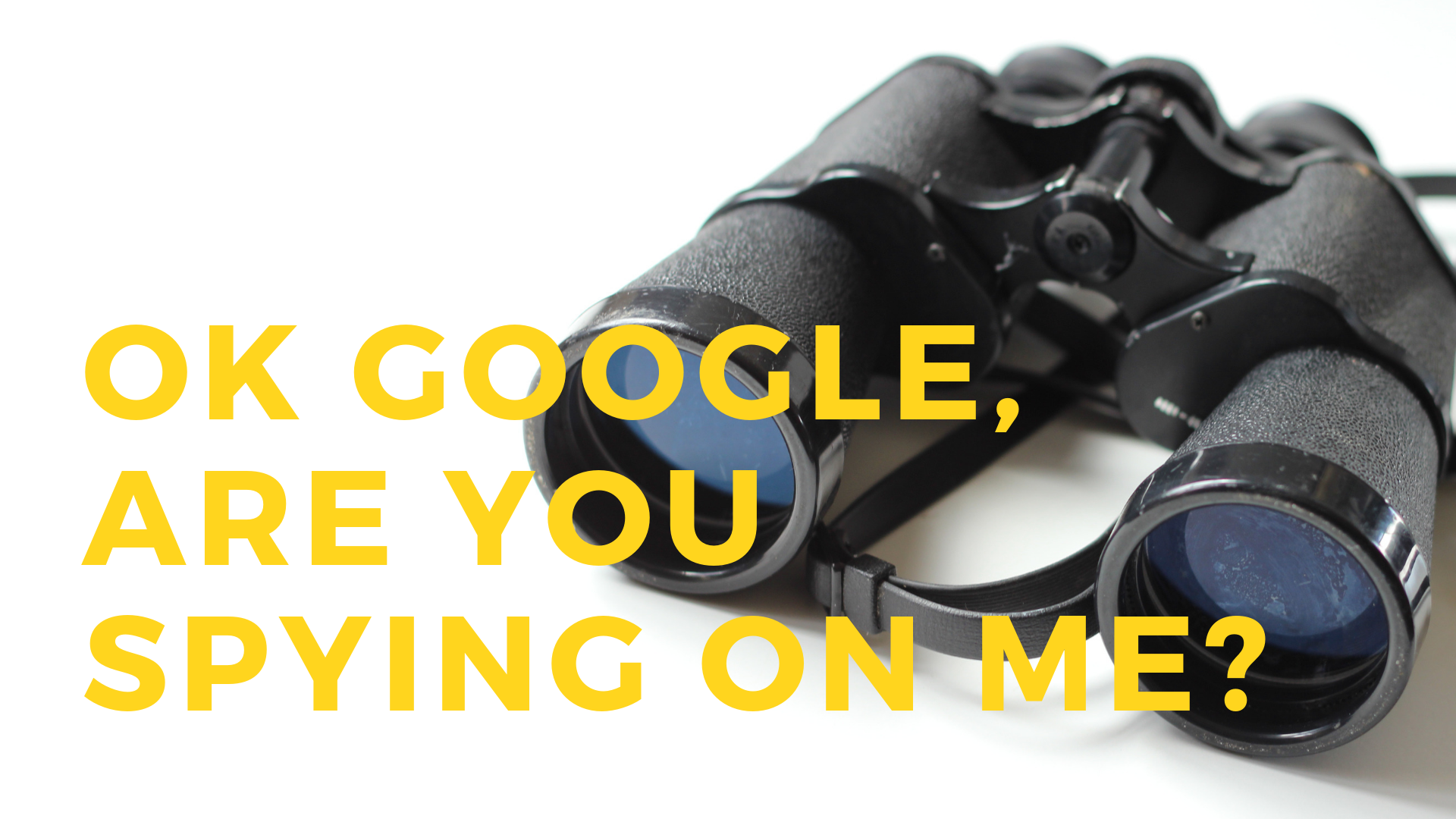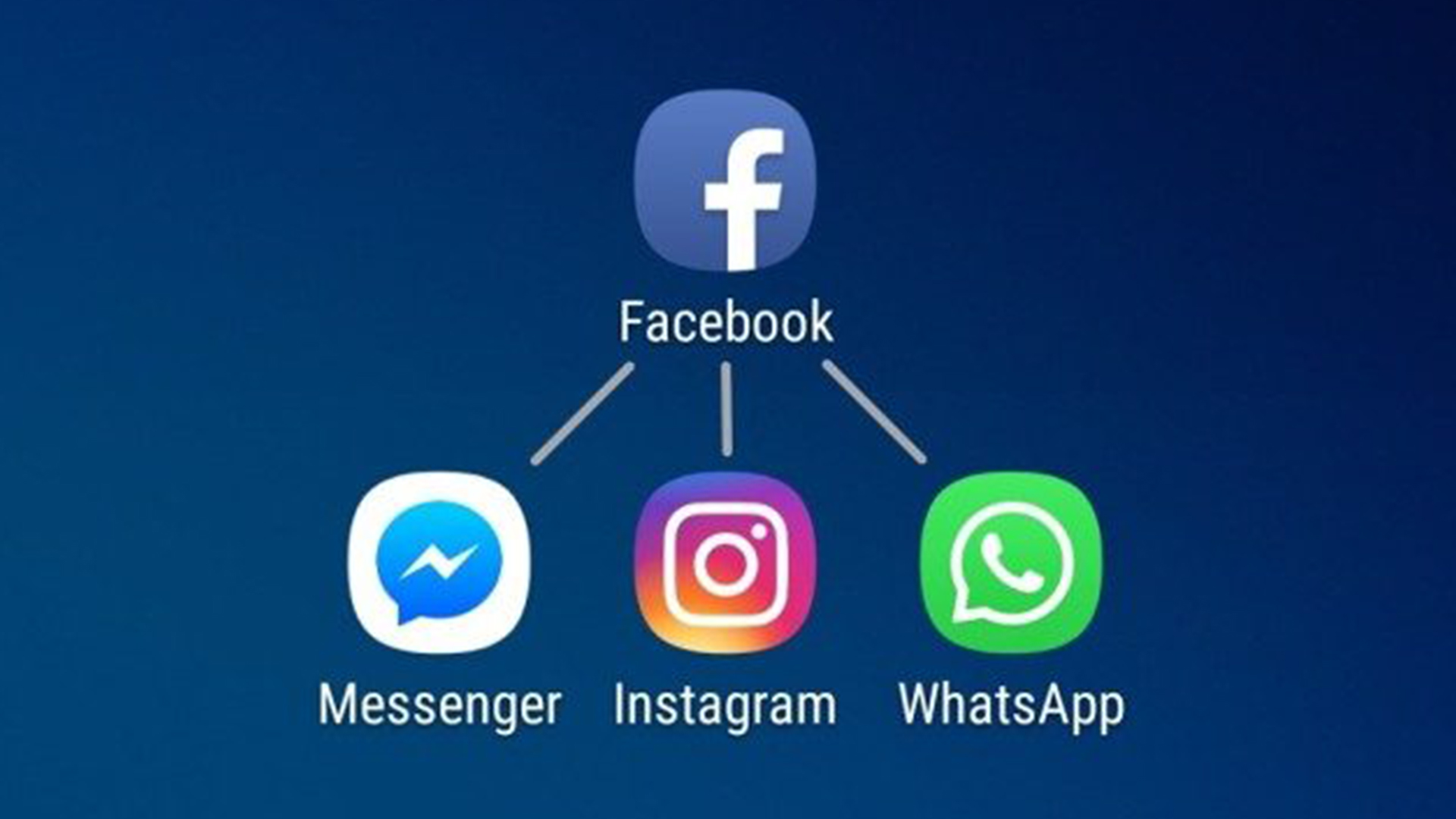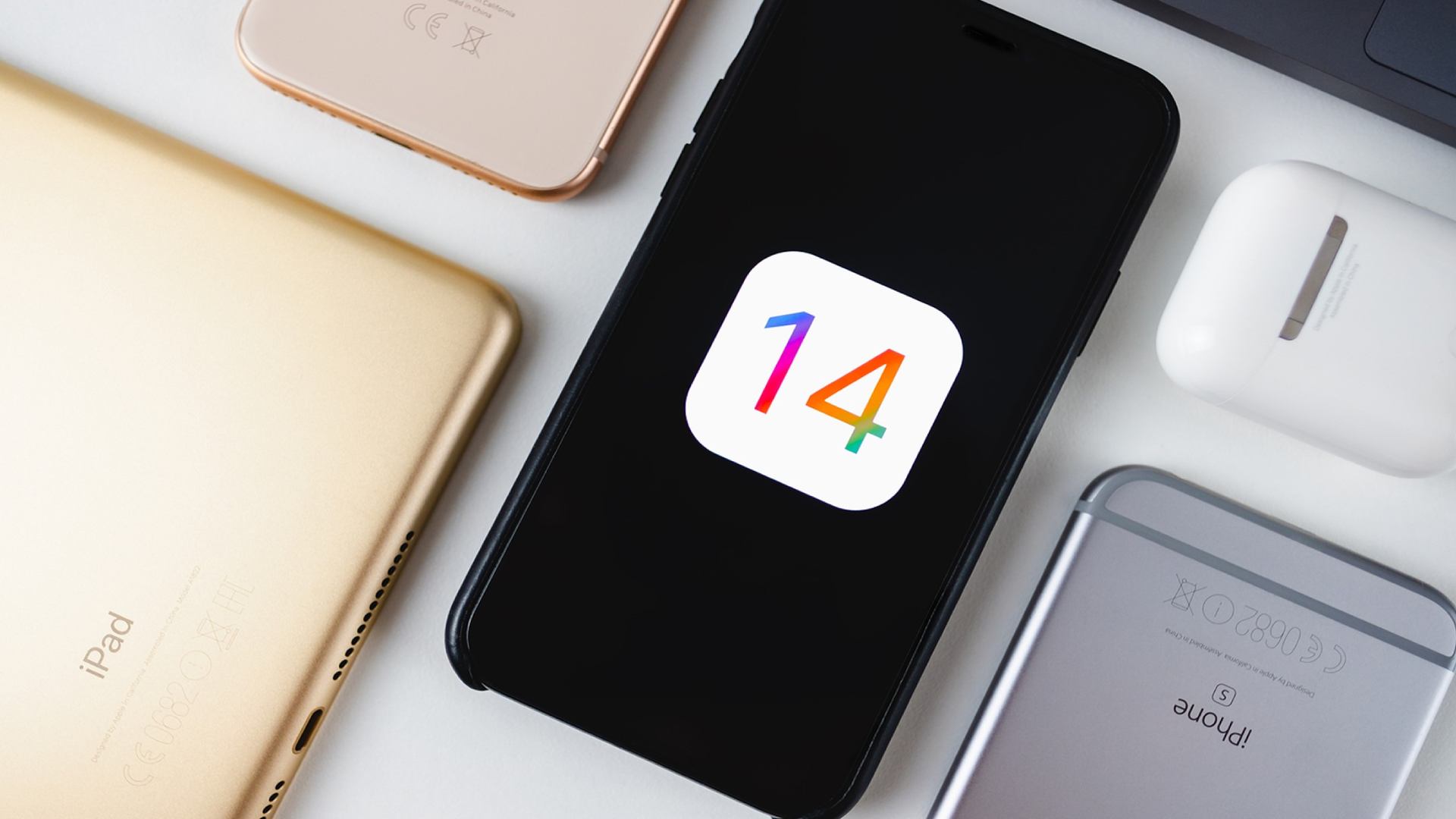
More people are using smart speakers than ever before. Amazon’s Alexa, Google’s Assistant, and Apple’s Siri all offer smart home devices that respond to voice command. They can help you with everything from playing music and assembling grocery lists to answering your most random questions.
The convenience and breadth of possibilities offered by home assistants have fueled their rapidly rising presence in New Zealand homes, but that doesn’t mean that everyone trusts them. In fact, suspicion toward home assistants is also on the rise, even as more people bring them into their homes.
These suspicions have been bolstered recently by a string of news stories regarding how the big three home assistant brands (Amazon, Apple, and Google) store and manage user voice recordings. Belgian broadcaster VRT News recently released a report regarding third-party subcontractors gaining access to the voice recordings of many Google Home users.
Google acknowledged that its data security policies had been violated and that confidential audio recordings had been leaked. They are currently reviewing their safeguards to prevent a similar future incident.
This was not the only home assistant privacy story to make recent headlines, however. US Senator Chris Coons recently wrote a letter to Amazon owner Jeff Bezos, seeking information about recordings made by the Amazon Echo home assistant. Amazon conceded that audio recordings from users were stored indefinitely unless explicitly deleted by the user.
The result of this bad press? Over 20% more people are hesitant about buying home assistants now than at this time two years ago, thanks to fears over the safety of their personal information. In short, more people think that home assistants are spying on us, but are they?
How do home assistants work?
Home assistants are activated by voice command (“Hey Alexa”, “OK Google”, or “Siri”) – sometimes called a “wake word” which triggers a recording device. Your home assistant records your order then sends the recording to its servers to be processed. Once processed, the results are returned to the home assistant and delivered to you. This process is fundamentally the same as a voice search on your smartphone, which includes storing past searches.
What happens to your voice recordings?
The storage of past voice recordings lies at the heart of the mistrust surrounding home assistants. Every time your home assistant records your voice, that recording is archived and stored. These searches are sometimes used to develop a profile of you as a user so that your home assistant can provide better – well – assistance. Your recordings may also be used to provide more relevant Google Ads, though Apple does not use stored recordings for re-marketing purposes and Amazon claims to use stored recordings to improve products rather than market them.
This is hardly news. Most users understand that their past search activity is stored to provide a more personalised user experience. The issue with home assistants, however, are more complicated.
First, home assistants spend 100% of their time in the privacy of your own home and are always at least passively listening, meaning that their potential access to your private life is considerably higher than most devices.
The other issue is that recordings can sometimes be accidentally triggered. Most of us are less concerned with recordings we intended to make than ones we had no idea were taken. Users who have listened to their archived recordings have often been surprised to find recordings of conversations they hadn’t intended for their home assistant to record.
Amazon has proven the most problematic with regards to the storage of voice recordings from home assistants. Amazon has given employees access to recordings for AI training purposes, and enough information was provided in those recordings to determine some users’ specific locations. Responding to senator Coons’ letter, Amazon conceded that they keep voice recordings indefinitely, and users must manually delete them.
Apple, meanwhile, keeps recordings, but assigns a “random identifier” to them and does not link them to individuals. However, they do not offer users the opportunity to manually delete their archived recordings.
Google has recently updated their policies to stop recording voice search queries.
How can you protect your privacy from home assistants?
If you are using an Amazon Alexa or Google Assistant device in your home, you can review your data collection settings and make adjustments to better suit what you’re comfortable with. View Amazon’s Alexa section or Google’s privacy settings.
You still control your privacy
Ultimately, more work needs to be done to demystify the process of data collection by tech companies. That said, greater transparency and easier processes to control the archiving of past activity would also go a long way toward restoring trust between home assistants and users.
You still control your privacy when it comes to data collection and your home assistant, but you can’t assume that strict privacy controls are activated by default on your devices. It’s always wise to regularly review the privacy settings on all your devices and make changes when necessary.
For more information regarding home assistants and search marketing, contact Pure SEO today!

















